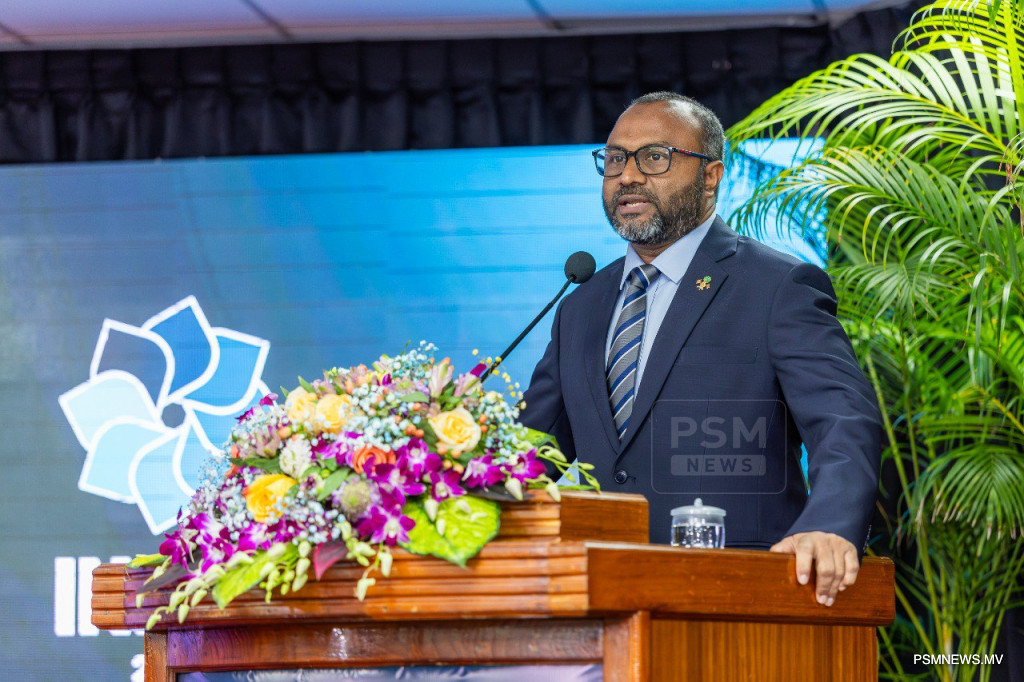
Maldives is aiming to boost Zakat disbursements to the poor along with increased funding for essential needs of the community, the Minister of Islamic Affairs, Dr Mohamed Shaheem Ali Saeed has revealed.
Speaking at the official inauguration of the Second International Zakat Conference (INZEC 2025) held on Saturday, Dr Shaheem noted that the Maldives Zakat House is already working on implementing recommendations made by international experts during last year’s Zakat Conference. He expressed confidence that this year’s conference would also generate valuable technical insights to guide future initiatives.
Dr. Shaheem also highlighted the Zakat Bill currently under review in Parliament, describing it as a modern and comprehensive framework inspired by leading global scholarly practices. Once enacted, he said, the bill would elevate the Maldives’ zakat system to new heights, with the ultimate goal of making the Maldives Zakat House one of the most advanced zakat institutions in the Islamic world.
"Administrative management and judicial procedures are intertwined in the law. There is room for investments. These are not features of any other law. There is a judicial committee mentioned in the law. We want the Maldives to set the benchmark for a comprehensive zakat system,” he explained.
The Minister said the government is aiming to boost Zakat disbursements and funding essential needs of the impoverished including housing, healthcare and education.
Organised by the Maldives Zakat House, INZEC 2025 is designed to promote a sustainable and inclusive zakat framework in the Maldives. The conference brings together scholars, practitioners, policymakers, and community leaders to discuss strategies for advancing zakat administration as a powerful instrument for social welfare and economic resilience.
This year’s conference places special emphasis on the social dimensions of zakat and the digitalisation of zakat services, exploring innovative solutions for contemporary challenges. Sessions will address the evolving role of zakat within the digital and socio-economic context of the Maldives.
Participants include representatives from leading Maldivian institutions, as well as experts from Malaysian universities and organisations, with panels featuring renowned religious scholars, Islamic finance professionals, and economists.
